What is an Accredited Investor?
What is an accredited investor? Or rather, who is considered to be an accredited investor and what sets them aside from those who are not. We can start with the outline of an accredited investor, as not everyone is allowed to participate in all the types of investments that are offered.
Requirements to be an Accredited Investor
To qualify as an accredited investor, according to the Securities and Exchange Commission (SEC), someone would need to meet one of three requirements. These three requirements are either income, professional experience or net worth.
- To meet the income requirement, an investor must have an annual income of at least $200 000, or $300 000 if combined with a spouse’s income (filing jointing), which is calculated year to year.
- To meet the professional requirement, an employee would need to have a valid Series 7.65 or 82 permit, this certification they hold is intellectual capital and proves that the investor is technically capable of making an informed decision on complex financial products or instruments.
- Finally, if the investor has net assets worth $1 million or more, which they could have individually or together with a spouse excluding the value of their primary residence, they will meet the final requirement.
Why do these requirements exist?
There are strict criteria to ensure that the investors are protected if they do not have the resources required to weather the possible financial losses of a sophisticated investment. It also takes into account the level of financial expertise of the individual. The SEC foresees that investors may get ‘in over their heads’ and not be able to manage the investments. Unregistered investments are riskier and only basic information is needed to be disclosed to their investors, hence the need for the strict qualifying criteria.
Any company offering investments that require their clients to be Accredited Investors must ensure they carry out their own verification process to determine the status of prospective investors. There is no Federal verification process, so the onus lies with the company that is facilitating the investment to ensure that they are compliant with the regulations. The verification process is usually informal by means of a questionnaire to be completed by the prospective investor, who should disclose their means of qualification.

Jeanne Altern
Jeanne is passionate about business, copywriting and social media. During her time at Regent Renewables her understanding of the solar energy industry and blockchain technology has grown drastically, giving her the ability to share some of that knowledge via her writing.
